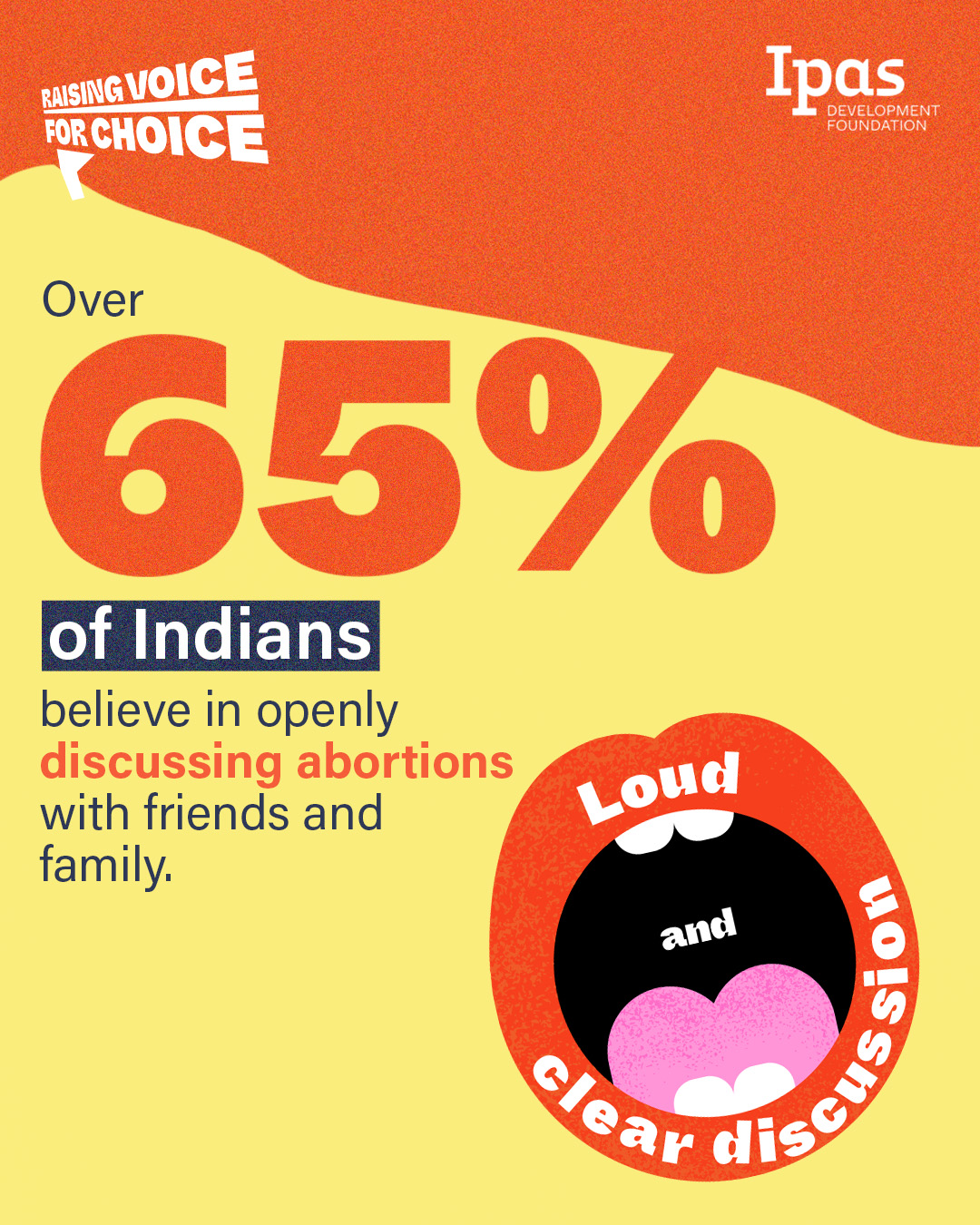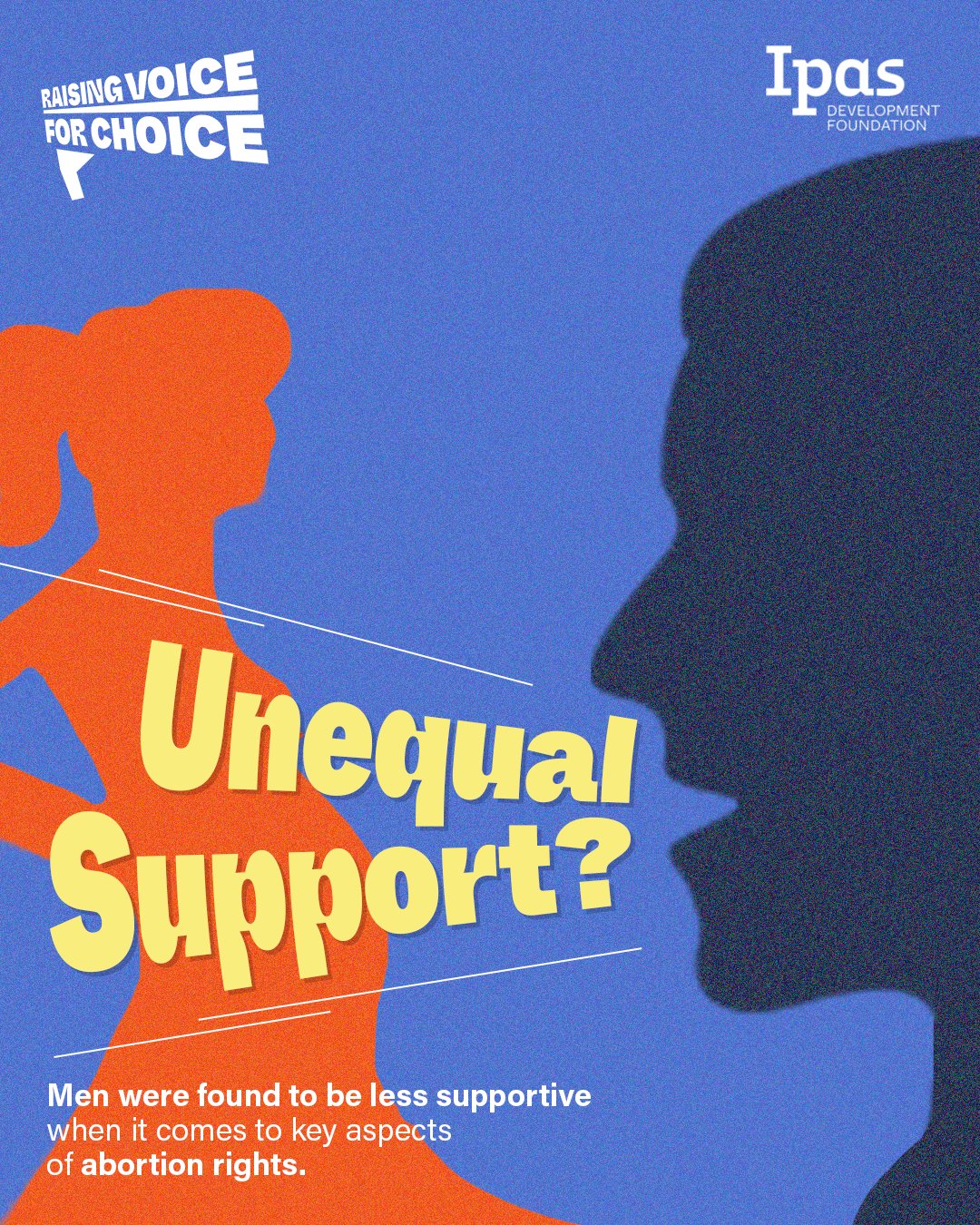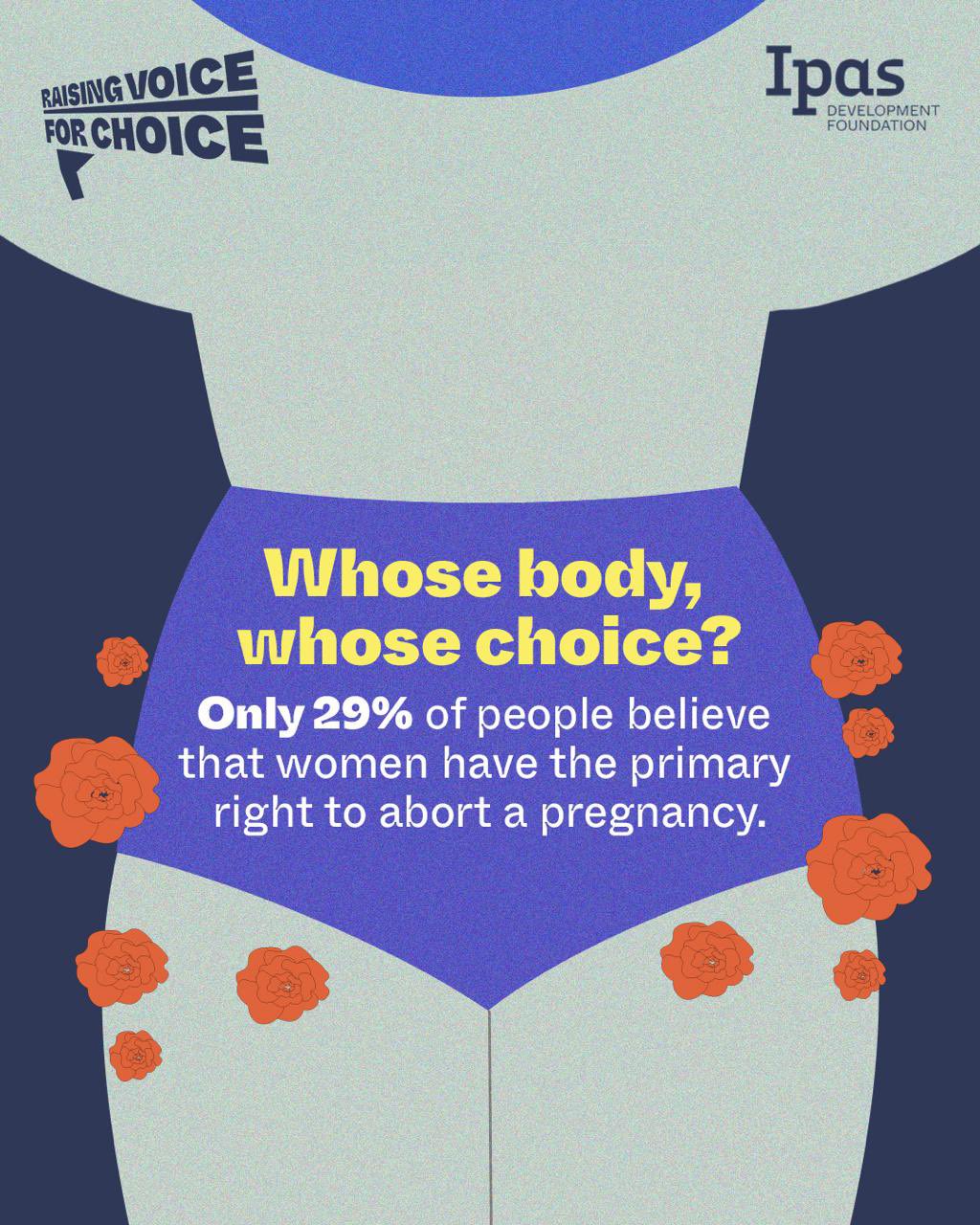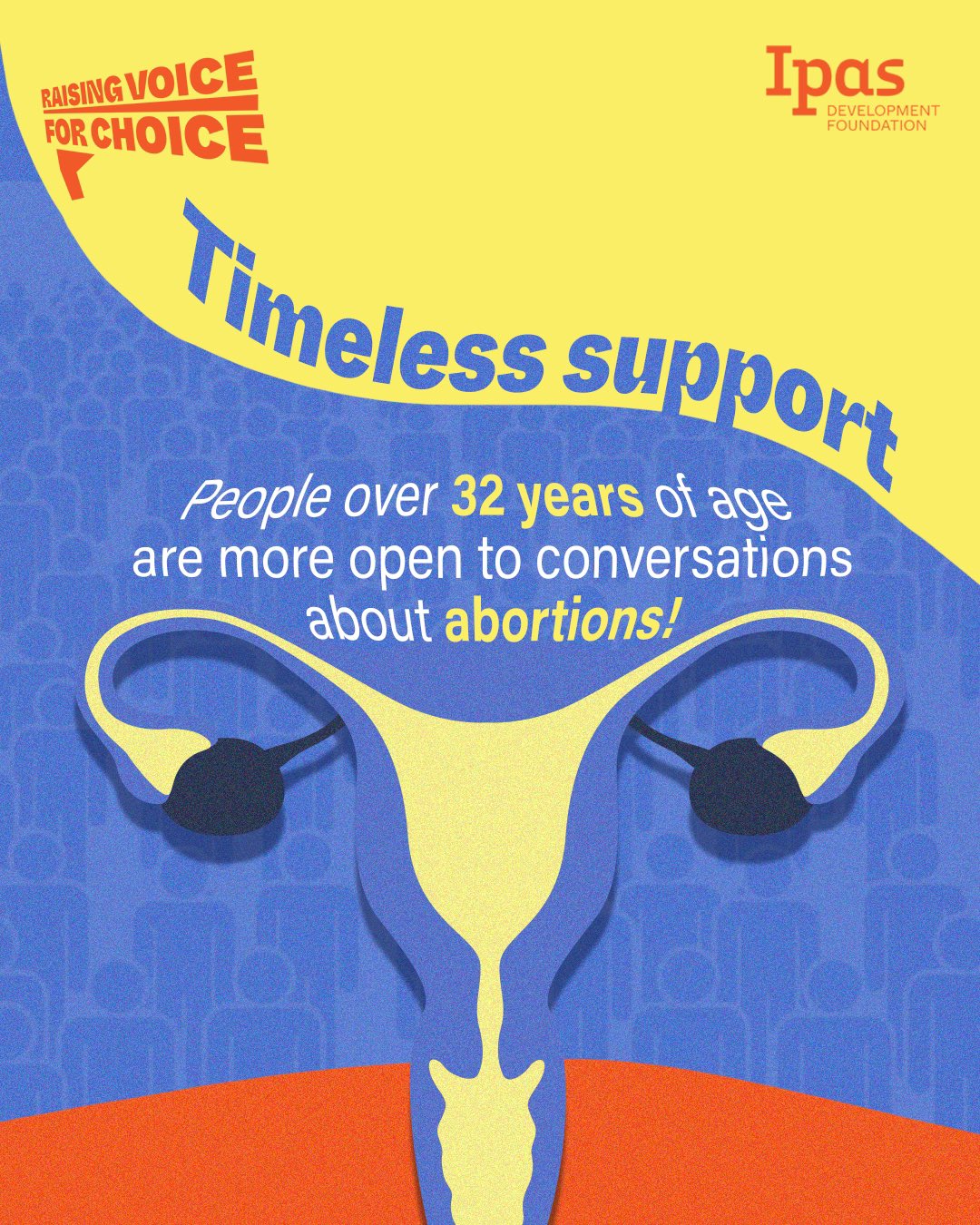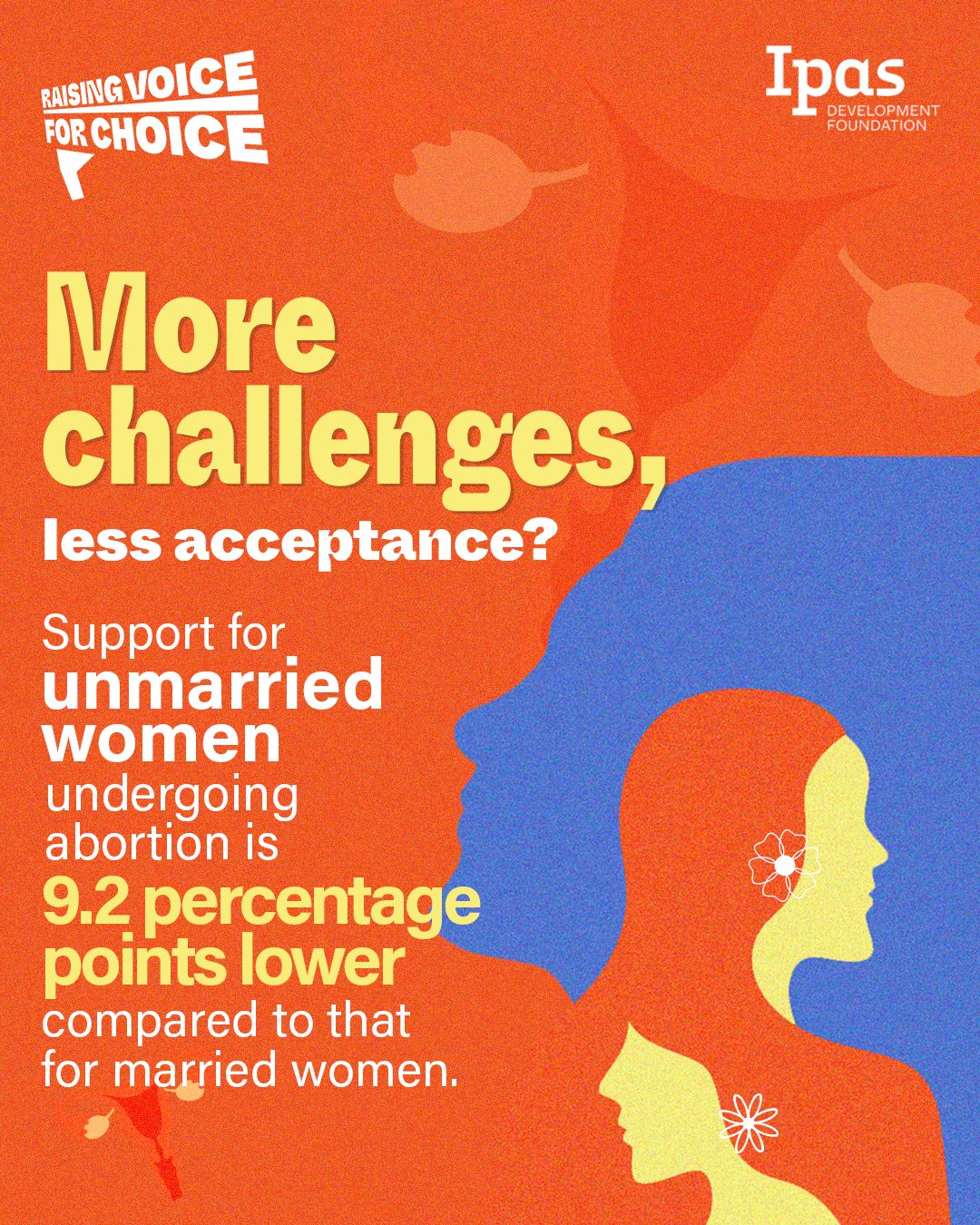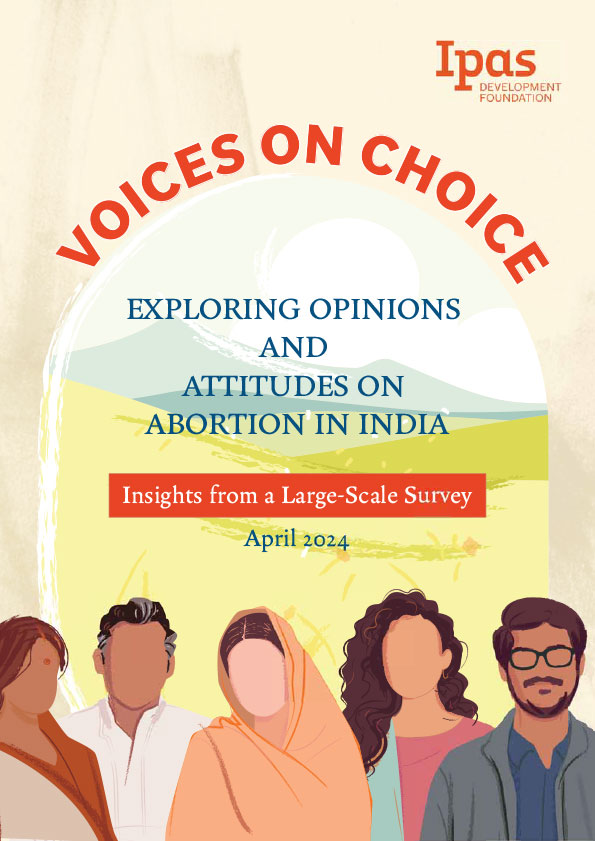Abortion has been legal in India for over five decades, and large-scale surveys so far have not typically extended beyond legal frameworks to understand public opinion and attitudes toward abortion. To bridge the evidence gap, Ipas Development Foundation (IDF) conducted a survey that explored public attitudes towards abortion in India.
Ideated by Mr. Vinoj Manning, CEO of IDF, the work was led by IDF’s Research and Evaluation Specialist, Samina Parveen and the Chief Technical Officer, Research and Evaluation, Dr. Sushanta K. Banerjee, with a focus on understanding abortion attitudes across diverse demographics in the country.
Data collection was a collaborative effort involving all IDF staff members, with support from youth leaders, who played a key role in conducting offline data collection in rural areas. This approach helped ensure diverse, grassroots-level engagement. Their support helped ensure the survey reached a geographically diverse audience.
“By capturing responses from over 13,000 individuals across rural and urban areas, the survey provides a detailed understanding of how age, education, and gender influence abortion attitudes,” explains Samina Parveen, IDF’s Research and Evaluation Specialist.
The Abortion Opinion Survey Report provides crucial insights into how societal norms, education, and demographic factors influence opinions on abortion.
“These insights help inform our mission to enhance women’s access to safe abortion services and normalize the conversation around abortion access, especially in light of legal advancements like the 2021 amendment to the Medical Termination of Pregnancy (MTP) Act,” says Dr. Sushanta K. Banerjee, IDF’s Chief Technical Officer of Research and Evaluation.
Strong support, lingering discomfort
The research uncovers an interesting dichotomy – while there is strong support for legal abortion, there is a lingering discomfort surrounding abortion for unmarried women, offering a roadmap for future engagement.
While 72% of respondents support abortion rights in India, one striking finding is that only 29% of respondents believe women should be the primary decision-makers regarding abortion, highlighting the need for targeted educational campaigns to promote gender equality and bodily autonomy.
Key insights from the study
- While 72% of respondents support abortion rights in India, there are significant variations in attitudes and comfort levels depending on demographics.
- Younger adults (18–24 years) are more supportive of abortion in general, but less comfortable discussing it and have reservations about unmarried people.
- Women are more supportive of abortion rights for the unmarried and are more comfortable discussing it compared to men.
- Education plays a key role in shaping abortion views; even basic education increases support and comfort levels.
- Only 29% of respondents believe women should be the primary decision-makers for abortion. There is a need for interventions in favor of gender equality and bodily autonomy.
Based on the inferences drawn from the insights, three distinct archetypes of beliefs on abortion in India were developed:
The Empowered Ally:
This group exhibits strong support for abortion rights with a firm belief in women’s autonomy over their own bodies. They embrace open discussions about abortion with ease that fosters an environment of understanding and empowerment.
The Conservative Youth:
The young conservatives (18–24 years), primarily male and hailing from rural areas with less education, express an interesting nuance in their stance on abortion. While they generally support abortion, they have reservations when it comes to unmarried people seeking it.
The Hesitant Sceptics:
This group, primarily comprised of men with limited education from rural areas, expresses less support for abortion rights and women’s bodily autonomy. This stance is not necessarily rooted in firm opposition but is rather an influence of their environment and limited access to information.
This survey provides crucial insights for policymakers, public health advocates, women’s rights organizations, and educators, shedding light on the societal dynamics surrounding abortion in India. Additionally, the data lays the groundwork for future research and advocacy aimed at breaking down the social barriers that hinder access to these rights, driving meaningful change, and advancing equity.
Watch the launch video and read the Abortion Opinion Survey Report




